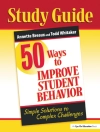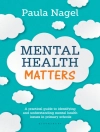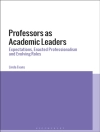Why has the language of the child and of child protection become so hegemonic? What is lost and gained by such language? Who is being protected, and from what, in a risk society? Given that the focus is overwhelmingly on those families who are multiply deprived, do services reinforce or ameliorate such deprivations? And is it ethical to remove children from their parents in a society riven by inequalities? This timely book challenges a child protection culture that has become mired in muscular authoritarianism towards multiply deprived families. It calls for family-minded humane practice where children are understood as relational beings, parents are recognized as people with needs and hopes and families as carrying extraordinary capacities for care and protection. The authors, who have over three decades of experience as social workers, managers, educators and researchers in England, also identify the key ingredients of just organizational cultures where learning is celebrated. This important book will be required reading for students on qualifying and post-qualifying courses in child protection, social workers, managers, academics and policy makers.
Om författaren
Brid Featherstone is Professor of Social Care at the Open University and has extensive experience of researching gender issues in child protection. Sue White is Professor of Social Work (Children and Families) at the University of Birmingham and undertakes research on systems design in child protection. Kate Morris is Associate Professor of Social Work at the University of Nottingham and studies family minded practices in child protection












